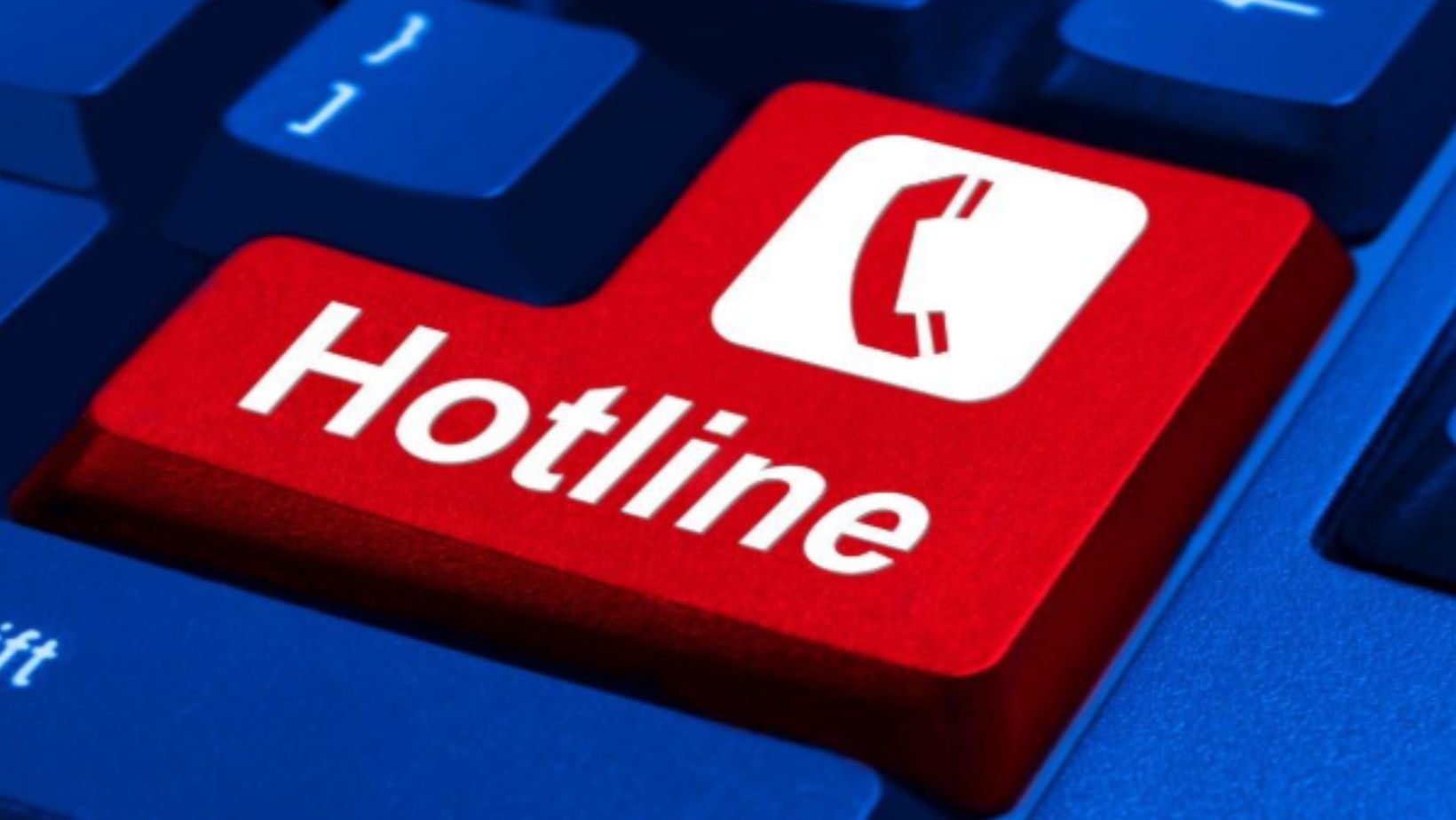Crisis hotlines provide immediate support for people struggling with mental health crises, including suicidal thoughts, emotional distress, and mental illnesses. The crisis lifeline, such as 988, is a vital resource for those in need, providing access to local mental health resources and services.
If you’re struggling, you don’t have to face it alone. Mental health services administration organizations provide free, confidential, 24/7 access to trained crisis counselors who can offer emotional support, crisis intervention, and guidance on the next steps.
Whether you’re experiencing a suicidal crisis, panic attack, or overwhelming emotional pain, crisis hotlines are there to help in the moment, no judgment, just support. This guide will help you explore the most trusted mental health helplines so you can reach out when it matters most.
Understanding Mental Illnesses
Mental illnesses, such as depression and anxiety, can affect anyone, and it’s essential to recognize the signs and symptoms to provide the proper timely and effective support. Treatment for mental illness usually includes virtual or in-person therapy, medication, or a combination of the two. The different types of mental health crises include:
- Eating disorders
- Substance abuse
- Bipolar disorder
- Post-traumatic stress disorder
Addiction and substance use often go hand in hand with mental health challenges. Reaching out to a mental health helpline can connect individuals with appropriate treatment options, support groups, and tools to strengthen communication with loved ones, fostering both recovery and relational healing.
The Free Confidential 24/7 Crisis Hotlines for Immediate Help
Different crisis helplines serve varied purposes. Here’s a look at some of the best options to help you or someone you care about find support during a crisis:

988 Suicide Prevention Lifeline
The 988 Suicide & Crisis Lifeline is a national resource for suicide prevention and mental health crises. By calling or texting 988, you can reach a trained crisis counselor who offers support for issues like depression, anxiety, or trauma. The lifeline also provides resources for local services and peer support groups.
SAMHSA’s National Helpline
The Substance Abuse and Mental Health Services Administration (SAMHSA) offers a free, confidential helpline available 24/7. By calling 1-800-662-HELP, you’ll be connected to trained professionals who can provide information, referrals, and support for both substance use disorders and mental health concerns. This helpline is ideal for individuals seeking treatment options, support services, or general education about mental health and recovery resources.
Crisis Text Line: Text HOME to 741741
If you prefer texting over talking, this secure online platform connects you to a crisis counselor via text. Whether you are dealing with trauma or anxiety or simply need someone to talk to, this online chat service is ideal for people who feel safer typing rather than speaking.
Specialized Hotlines for Specific Mental Illnesses
Some therapy helplines focus on specific issues, ensuring tailored support for unique challenges. These services complement general crisis hotlines by addressing targeted concerns, and they include:
National Eating Disorders Association (NEDA) Helpline
For individuals struggling with eating disorders, the NEDA Helpline offers a safe and supportive space to seek help. By calling 1-800-931-2237, you can access emotional support, guidance, and connections to mental health resources, helping you take meaningful steps toward recovery with compassion and care.
Disaster Distress Helpline
If you have been affected by a natural or artificial disaster, this line provides support during those difficult times. It is ideal for people coping with trauma, displacement, or emotional distress after events like hurricanes, fires, or mass violence. Call or text 1-800-985-5990 to speak with a trained crisis counselor who can provide immediate emotional support and connect you to additional resources.
Veterans Crisis Line
Veterans and active-duty service members can dial 988, then press 1 to access dedicated crisis support from people who understand military life. This dial connects you with a trained crisis counselor who can relate to your experience.
The Trevor Project for LGBTQ+
Specializing in support for LGBTQ+ youth in crisis, the Trevor Project offers a confidential, 24/7 crisis lifeline through phone, online chat, and text. If you’re struggling with an identity crisis, mental health, or suicidal thoughts, this service understands your unique challenges and offers compassionate care.
How to Choose the Right Hotline for You
With so many crisis hotlines available, selecting the right one is a significant step toward getting the help you need. The following list is designed to help you make an informed decision. Consider:
Your Immediate Needs
Are you facing suicidal ideation, panic, or grief? In a suicidal crisis or hot moment, prioritize hotlines like 988 for immediate help. For ongoing concerns like anxiety or depression, SAMHSA’s helpline can guide you toward long-term mental health services and support groups in your area.
A Comfortable Platform
Whether you feel more at ease talking on the phone, using an online chat platform, or sending a text, a therapy helpline is available that matches your communication style.
Trust Confidentiality
All the hotlines listed provide confidential support, allowing you to speak freely. This confidentiality creates a safe space to share even the most complex emotions with someone who cares.
What to Expect When You Call a Therapy Helpline
Calling a therapy helpline can be intimidating, but knowing what to expect can ease the process and help you get the most out of the experience. While specific details can vary by organization and country, here’s a general overview:
Talking to a Trained Counselor
When you call, text, or open a website chat, someone trained to handle mental health emergencies greets you first. These professionals are skilled at assessing risk, responding to crises, and offering confidential support to guide you.
Finding Resources and Next Steps
Many crisis hotlines go beyond just listening by helping you find support services, such as in-person therapy providers or education on managing mental illnesses. Some may even connect you with mental health professionals for ongoing care.
Multilingual and Relay Services
If English isn’t your first language or you require hearing accommodations, many crisis lifelines offer multilingual support and relay services to ensure that everyone can access help when they need it. Trained interpreters and communication assistance are available to make sure language or hearing differences never become a barrier to receiving care.
Take the First Step Toward Healing

No matter how isolated or hopeless you feel, remember that help is only a call or a text away. Someone is always available to listen; the right counselor is ready to offer the support, resources, and compassion you need to keep moving forward.
Reaching out to a therapy helpline is not a sign of weakness but a courageous first step toward healing. You deserve confidential, compassionate care, no matter what you are going through.
